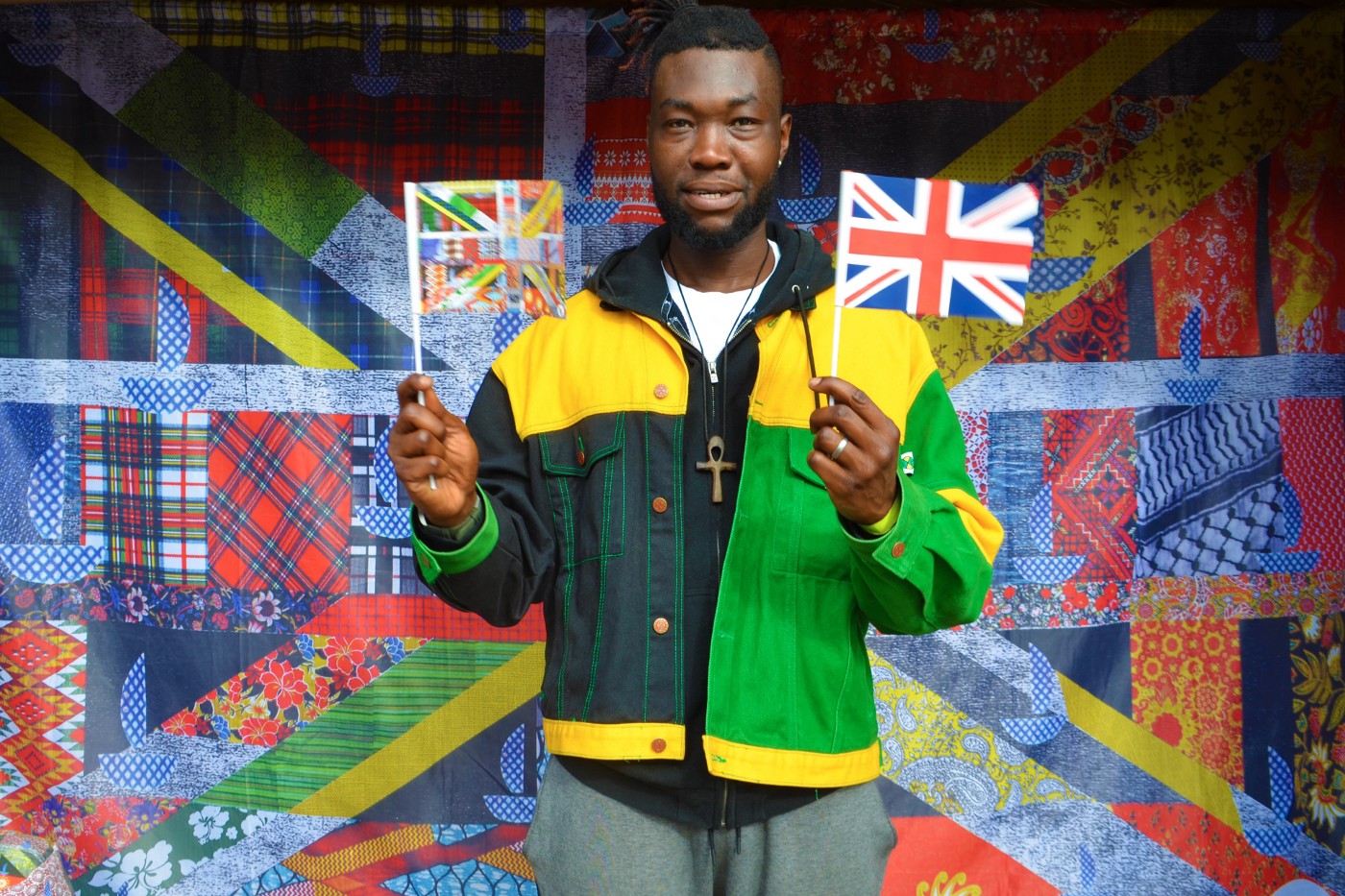The emergence of Postcolonial critical thinking
Postcolonial critical thought emerged as a distinct category in the 1990’s, with an aim to undermine the universalist claims that ‘great literature has a timeless and universal significance [which] thereby demotes or disregards cultural, social, regional, and nations differences in experience and outlook’ (Barry, 2017: 194). In other words, postcolonial criticism challenges the assumption of a universal claim towards what constitutes ‘good reading’ and ‘good literature’; questioning the notion of a recognised and overarching canon of important cultural texts – book, poems, plays, films etc – much of which is institutionalised into academic syllabi.
The arguments around postcolonial critical thought ‘constituted a fundamentally important political act’ (MacLoed, 200: 16)
For an interesting and consise overview of the development of ‘literary canons’ in literature, read Chapter 1 ‘Theory before Theory’ (particulary Literary Theorising from Aristotle to Leavis) in Beginning Theory by Peter Barry link here for extracts.
ORIENTALISM:
The Link between culture, imperial power & colonialism
the power to narrate, or to block other narratives from forming or emerging, is very important to culture and imperialism
Edward Said Culture and Imperialism, 1993: xiii
‘In this view, the outlying regions of the world have no life, history or culture to speak of, no independence or integrity worth representing without the West.‘ (Said, 1993: xxi). Orientalism (1978) alongside Culture and Imperialism (1993) are key texts written by the respected academic Edward Said. He asked if ‘imperialism was principally economic‘ and looked to answer that question by highlighting ‘the privileged role of culture in the modern imperial experience’ (1997:3)
‘an economic system like a nation or a religion, lives not by bread alone, but by beliefs, visions, daydreams as well, and these may be no less vital to it for being erroneous’
V. G. Kiernan (American: The New Imperialism) (cit in Said, 1993:350)
The mode is characterised by ‘the desire to contain the intangibilities of the East within a western lucidity, but this gesture of appropriation only partially conceals the obsessive fear.’ (Suleri, 1987:255)
Similarly, ‘the East becomes the repository or projection of those aspects of themselves which Westerners do not choose to acknowledge (cruelty, sensuality, decadence, laziness and so on). At the same time, and paradoxically, the East is seen as a fascinating realm of the exotic, the mystical and the seductive.’ (Barry, 2017:195)
Overall, POSTCOLONIALISM operates a series of signs maintaining the European-Atlantic power over the Orient by creating ‘an accepted grid for filtering through the Orient into Western consciousness‘. (Said, 1978:238). Or as Paul Gilroy puts it, ‘a civilising mission that had to conceal its own systematic brutality in order to be effective and attractive’ (2004:8)

